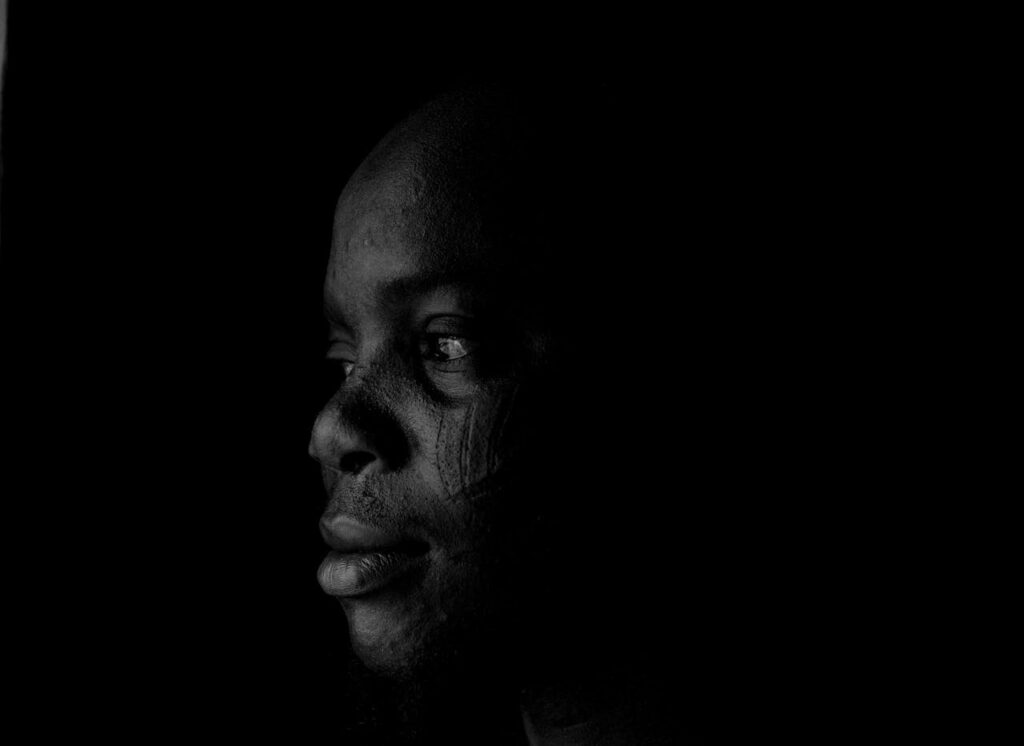Love. It is a simple word, yet so powerful. Love has captivated philosophers, poets, and even scientists for centuries. It inspires the greatest heights of joy and the deepest depths of sorrow. While we romanticize love as an ethereal emotion, it is multifaceted, comprising intricate elements interweaving into a unique tapestry for every individual.
Indeed, love is expressed in different ways and felt through various means. However, three essential elements of love define the emotion. When these elements are absent, the emotion becomes questionable. These elements are passion, intimacy, and commitment. In no particular order, let us delve into these elements of love – love’s DNA – and how the interplay affects our relationships.
PASSION
Passion is the most physical element of love. It is usually the first to develop in an amorous relationship, making the couple desire to be together. Melancholics find this part of a relationship suffocating, but sanguines bask in it. All that the couple cares about are their feelings of attraction and desire for each other; they do not care much about character and attitude when passion has taken over their minds. In long-term relationships, passion is the first to die, and if there is no buffer, the relationship dies with just much fire. Could it be that many of our married couples get married in the stage of passion without concrete buffers and the marriages cannot withstand the test of time? Let’s look at the second element.

INTIMACY
Ah, the cement of every relationship: intimacy. When passion begins to wane, intimacy steps up to keep the relationship going. Intimacy is that warm emotional closeness or connection between two people. It’s like they share a secret no one else knows. They are not afraid to share themselves with their partner because there is warmth, understanding, trust, and a sense of belongingness with each other. They are not afraid to share their ambitions, life experiences, pains, successes, and even failures with each other. They know each other like they know themselves; they can read each other’s thoughts and predict each other’s moves. They usually do not share this bond with any other person. When such a couple gets married at the stage of intimacy, their marriage is very likely to thrive for longer. In this stage where the couple knows the weaknesses and strengths of each other, they are also more likely to hurt and be hurt by the other. It’s easy to feel betrayed by the other, and this can cause problems in a marriage, especially if the passion is long dead. Is there more? Definitely!

COMMITMENT
Commitment is the decision to bind oneself intellectually or emotionally to a person or a course of action. It is also the trait of sincere and steadfast fixity of purpose. Basically, commitment is the willingness to stay with something or someone (in this case) to the end, not giving up even when things don’t seem to be going well. It’s the dogged decision to stick with the love of your life through thick and thin. Even when they face challenges, people in a committed relationship are more willing to find ways to make things work out better for them. They fight for each other and their relationship, not giving up at the first sign of trouble. We see this element in long-term relationships like marriages. Commitment is the third cord that can keep a relationship going: it could fan the flames of passion back to fire and rekindle intimacy.

TYPES OF LOVE
According to Robert Sternberg, the above elements can be combined to have different types of love. They include:
Consummate love, the ideal form of love, characterized by a healthy combination of passion, intimacy, and commitment.
Romantic love, characterized by intimacy and passion, largely a physical attraction and emotional closeness without commitment.
Companionate love, characterized by deep friendship and commitment without passion. It exists among best friends. It’s a combination of intimacy and commitment.
Fatuous love, characterized by a whirlwind of romance without deep intimacy. It is a combination of passion and commitment. They may cohabit but never marry.
There are also liking (intimacy without passion or commitment, as exists among acquaintances or classmates); infatuation (passion alone without intimacy or commitment as exists among crushes); and empty love (long-term commitment without passion or intimacy, as seen in aged couples – call them “death buddies”).
You can now assess your relationship to see where you stand and what you need to keep it alive. Love is a seed; when planted in the right environment and given the necessary attention, it grows into a beautiful tree that offers its shade and fruits for all to partake. Love, and be loved. Cheers.
(Based on Robert Sternberg’s Triangular Theory of Love)








